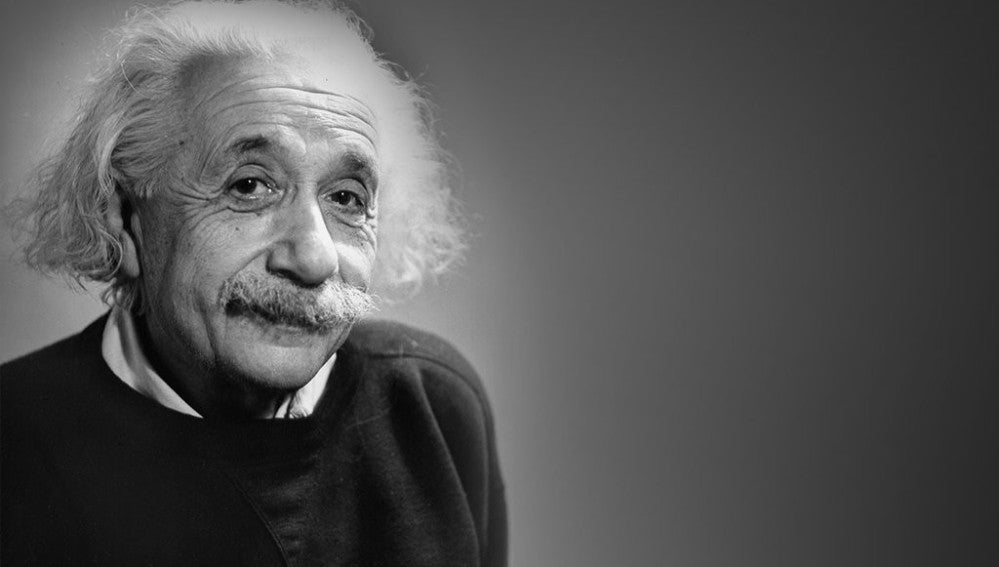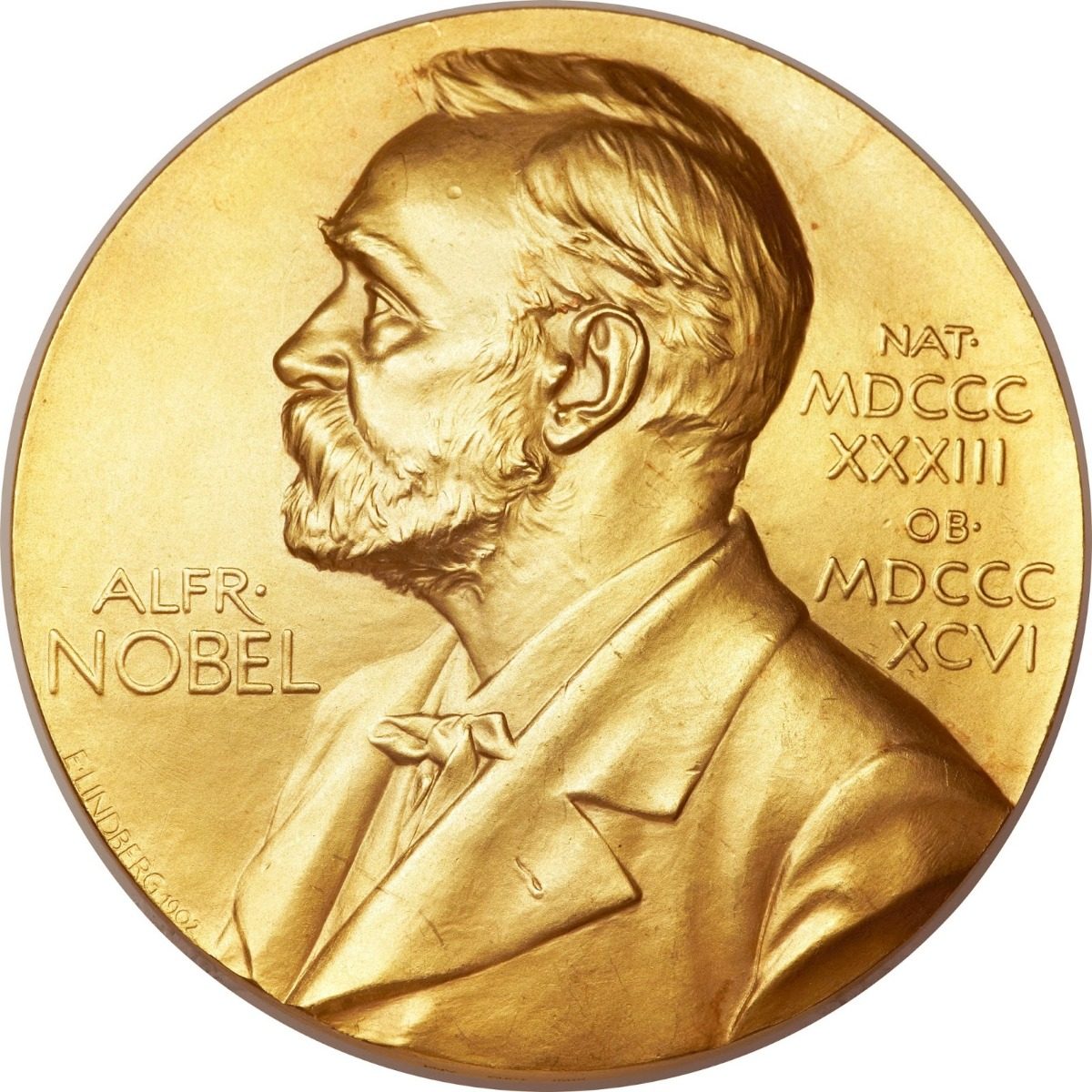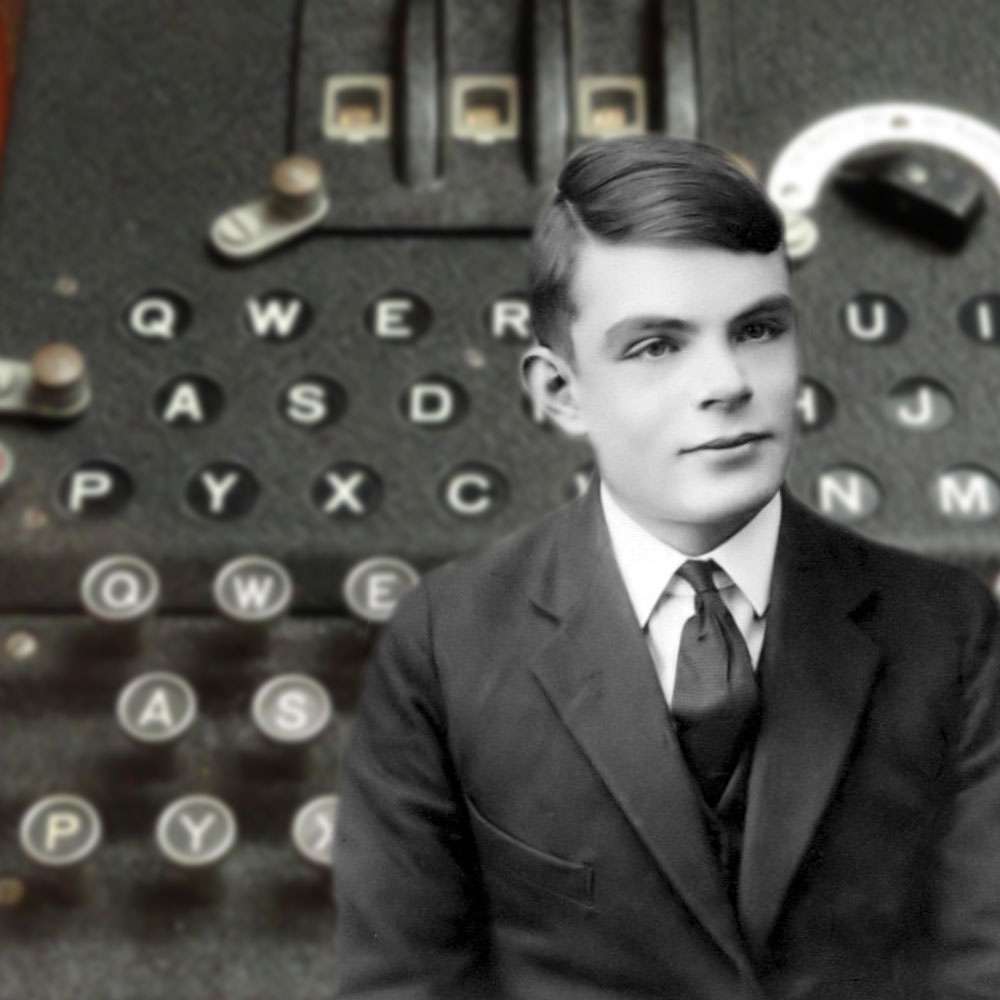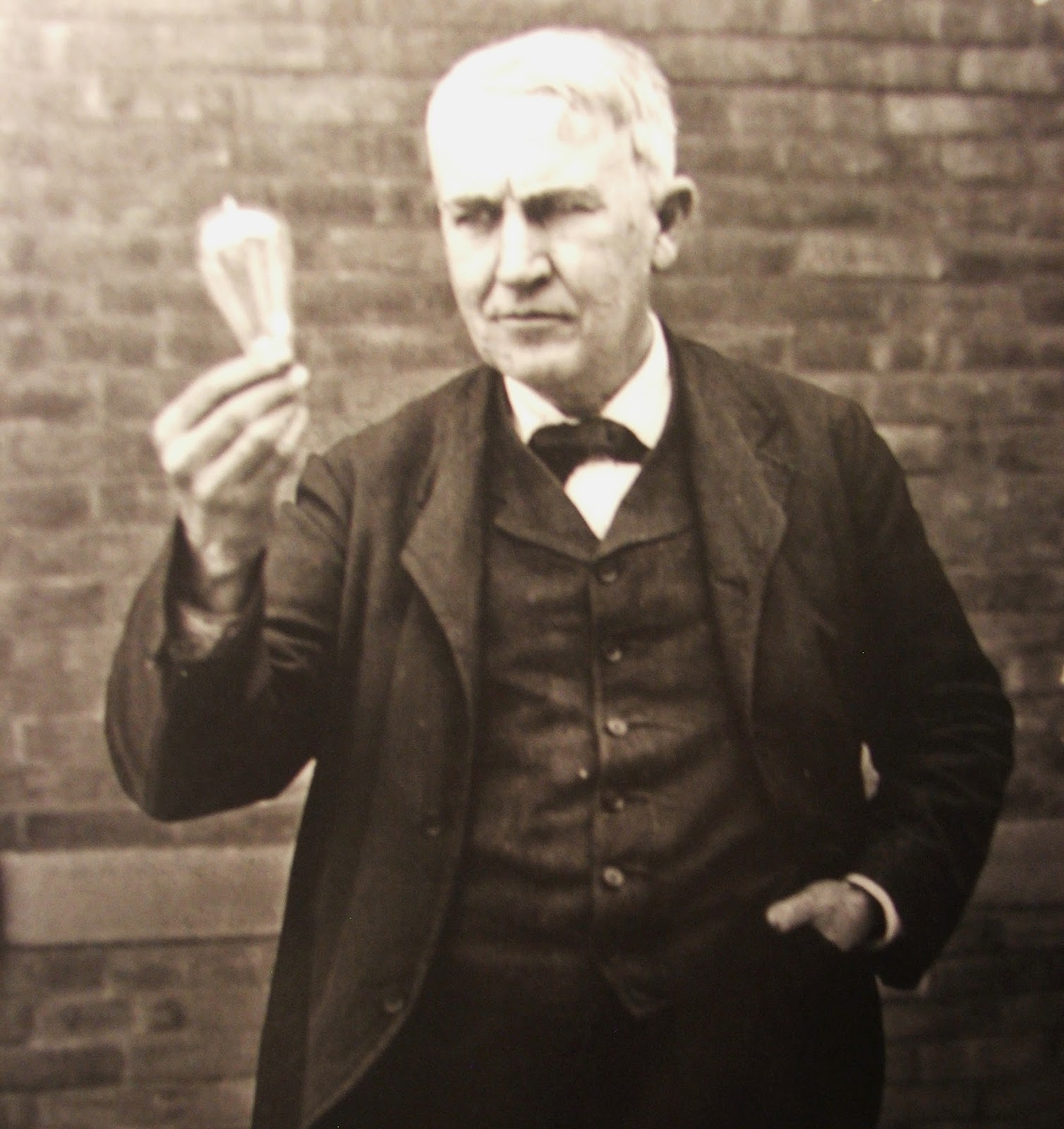
Twentieth-Century Geniuses: Albert Einstein
Albert Einstein, born March 14, 1879 in Ulm, Württemberg (German Empire), and died April 18, 1955 in Princeton, New Jersey (United States), was a theoretical physicist. He was successively German, stateless (between 1896 and 1901), Swiss (1901) and of dual Swiss-American nationality (1940). He married Mileva Marić, then his cousin Elsa Einstein.
He published his theory of special relativity in 1905 and his theory of gravitation, known as general relativity, in 1915. He contributed greatly to the development of quantum mechanics and cosmology, and received the Nobel Prize in Physics in 1921 for his explanation of the photoelectric effect. His work is particularly known to the general public for the equation E=mc2, which establishes an equivalence between the mass and the energy of a system.
In 1901, he published his first scientific article in the Annalen der Physik, an article devoted to his research on capillarity.
At the end of 1902, the first of his children, Lieserl, was born. His existence has long been ignored by historians, and there is no known information about his fate, although a biographer concludes that the child, mentally handicapped, died in infancy. Albert and Mileva married in 1903, her father finally giving her permission on his deathbed. In 1904, the couple gave birth to Hans-Albert, then to Eduard in 1910.
In June 1902, Albert found, thanks to Marcel Grossmann, a job at the Berne Patent Office, which allowed him to live decently while continuing his work. Between 1903 and 1905 he moved into the current Einstein house, 49 Kramgasse. During this period, he founded the Olympia Academy with Conrad Habicht and Maurice Solovine, who would later translate his works into French. This discussion circle meets at Einstein's house, and organizes mountain walks. Einstein shared the results of his work with Conrad Habicht and sent him the articles he published during the year 1905 (often called his annus mirabilis) concerning the foundations of special relativity, the hypothesis of quanta of light and the theory of Brownian motion, which open new avenues in research in nuclear physics, celestial mechanics, etc. The article on Brownian motion is based on work that Einstein developed later, and which culminated in his thesis, entitled Eine neue Bestimmung der Moleküldimensionen ("A new determination of molecular dimensions", in German), and his doctoral degree on January 15, 1906.
In 1909, Albert Einstein was recognized by his peers, in particular Planck and Nernst, who wished to invite him to the University of Berlin. On July 9, 1909, he was awarded an honorary doctorate by the University of Geneva, and the same year he became an associate professor at the University of Zurich. In 1911, he became a professor at the German University of Prague (then a city in the Austro-Hungarian Empire), and he was invited to the first Solvay Congress in Belgium, which brought together the best-known scientists. There he met, among others, Marie Curie, Max Planck and Paul Langevin. Returning to Zurich in 1912, he became a member of the Prussian Academy of Sciences in 1913.
In 1914 he moved to Germany and lived in Berlin for many years, he became a member of the Royal Academy of Sciences and Letters in Berlin. His position in Berlin allows him to devote himself entirely to his research work. Mileva and Albert separate and she returns to Switzerland with their children (their divorce will be pronounced in 1919, the year during which he will marry his cousin Elsa). At the opening of the conflict of the First World War, he declared his pacifist views. The city of Berlin had undertaken to provide him with a house, but Albert Einstein finally obtained land on which he had a house built at his own expense. Located in Caputh, near Lake Havelsee, the place is quiet and allows him to sail frequently.
In 1916, he published a book presenting his theory of gravitation, known today as general relativity. In 1919, Arthur Eddington measured the deviation that the light of a star undergoes near the Sun, this deviation being one of the predictions resulting from this theory. This event is publicized, and Einstein undertakes from 1920 many trips around the world. In November 1922, he received the 1921 Nobel Prize in Physics, which had not been awarded, "for his contributions to theoretical physics and, especially, for his discovery of the law of the photoelectric effect". As he was away from Sweden in 1922, he received his prize and gave his Nobel lecture in Gothenburg on July 11, 1923. In 1925, he was awarded the Copley medal, and in 1928 he was appointed president of the German League of Rights. of man.
The situation darkened in Germany in the 1920s, and he suffered attacks aimed at his Jewish origins and his pacifist opinions. Its security is threatened by the rise of nationalist movements, including that of the Nazi Party. Shortly after Hitler came to power in early 1933, he learned that his house in Caputh had been looted by the Nazis, and he decided not to return to Germany. After a short stay on the Belgian coast, he moved to the United States, at the invitation of Abraham Flexner, the founder and director of the Institute for Advanced Study in Princeton, where he then began to work. His research aims to develop a global theory of fields, explaining the four elementary interactions: gravitation, electromagnetic interaction, weak interaction and strong interaction. This theory is today at the heart of fundamental research.
On August 2, 1939, under pressure from Eugene Wigner and Leó Szilárd, physicists from Germany, he wrote a letter to Roosevelt, which helped to initiate the Manhattan project - a signature that he would regret all his life.
His son Eduard, suffering from possible schizophrenia, spent most of his life in a clinic in Switzerland, and his other son Hans-Albert became a doctor of technical sciences, engineer and professor of hydraulic engineering in California.
Einstein died on April 18, 1955 from a ruptured aneurysm. A 2013 study of his brain (which was stolen after his death without his consent) reveals at most a hyperconnection between the two hemispheres, which some say is a sign of great intelligence. His ashes are scattered in an undisclosed location, in accordance with his last wishes. But, despite his will, his brain and his eyes were removed, the first by the medical examiner who carried out the autopsy, the second by his ophthalmologist.
Just before dying, the physicist spoke a few words in German, but the nurse at the Princeton hospital who was on duty did not speak this language and therefore could neither transcribe nor repeat them.




